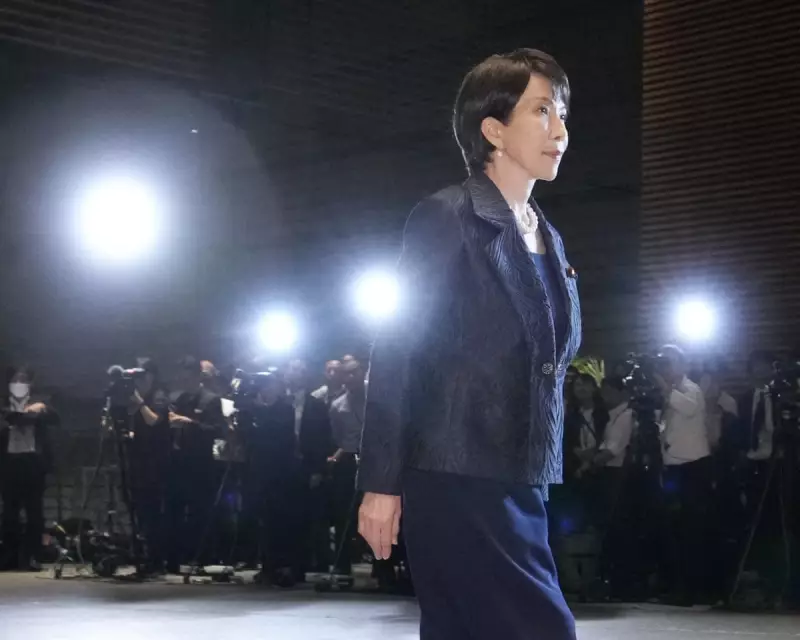
In a historic moment for Japanese politics, Sanae Takaichi has shattered the glass ceiling by becoming Japan's first female prime minister and immediately making her mark with significant cabinet appointments.
The newly appointed leader has demonstrated her commitment to diversifying the traditionally male-dominated political landscape by appointing two women to key positions in her cabinet. This move represents a significant step forward for gender representation in a country that has consistently ranked low on global gender equality indexes.
A New Era for Japanese Politics
Takaichi's ascension to power comes at a pivotal moment for Japan, as the nation grapples with economic challenges and seeks to strengthen its international standing. Her decision to include multiple women in her cabinet sends a powerful message about the changing face of Japanese leadership.
The cabinet appointments are particularly noteworthy given Japan's historical struggle with gender parity in politics. Until now, the country has lagged behind other developed nations in female political representation, making Takaichi's achievement all the more significant.
Breaking Traditional Barriers
Observers of Japanese politics have noted that Takaichi's leadership could mark a turning point for women in public life. The new prime minister, known for her conservative credentials, has nonetheless taken progressive steps in her cabinet formation.
The two women appointed to cabinet positions bring diverse experience and expertise to the government, potentially influencing policy decisions across critical areas including economic recovery, social welfare, and international relations.
International Reactions and Implications
Global leaders have been quick to acknowledge the significance of this political milestone. Many see Takaichi's election and her subsequent cabinet choices as indicative of Japan's evolving social landscape and its potential impact on regional diplomacy.
As Japan navigates complex relationships with neighbouring countries and addresses domestic economic pressures, the world will be watching closely to see how this historic administration tackles the challenges ahead.
The appointments have generated considerable discussion among political analysts, who suggest this could inspire greater female participation in politics across Asia, where women remain significantly underrepresented in leadership positions.





